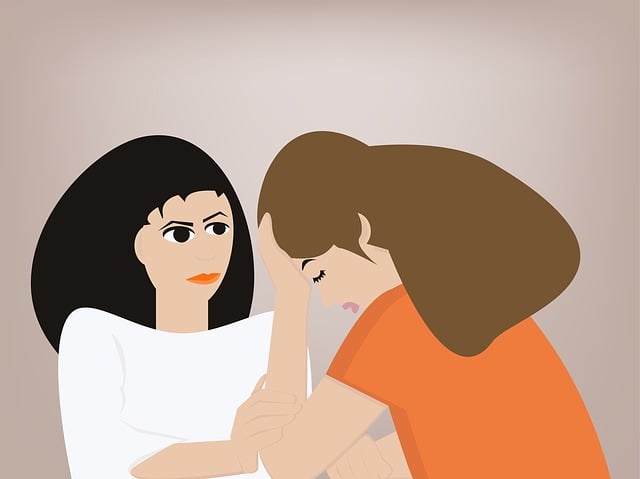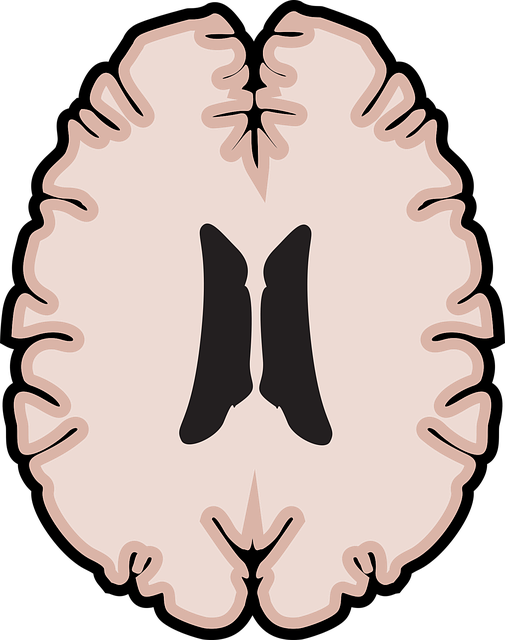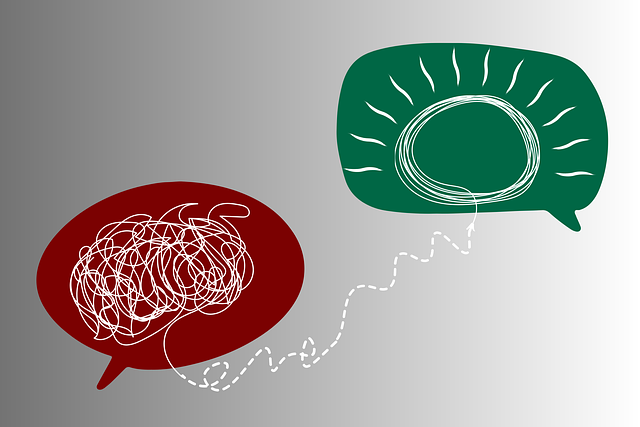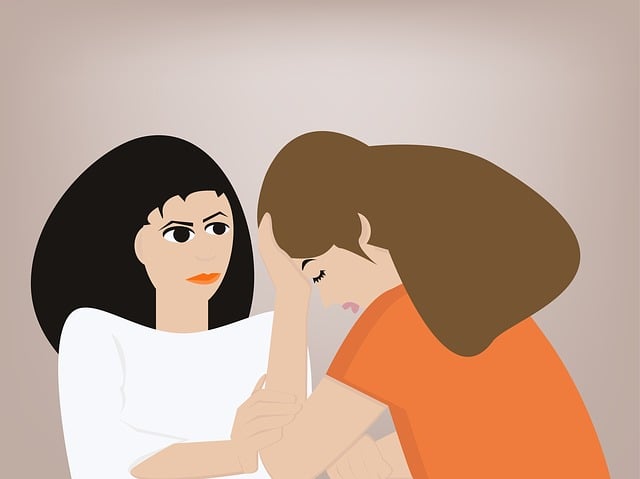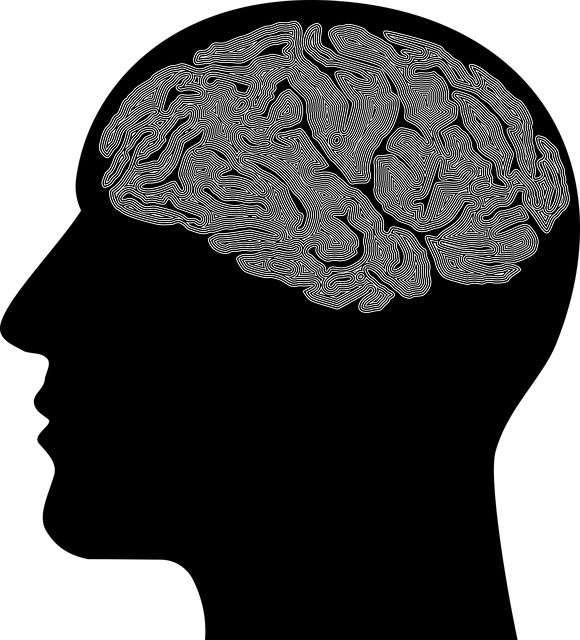Lone Tree Christian Counseling Therapy leads in healthcare cultural competency through innovative training programs that blend spiritual guidance and therapeutic practices. Their focus on understanding diverse cultural backgrounds enhances patient care, builds trust, and improves treatment adherence. Key initiatives include Trauma Support Services, Mental Health Awareness, self-care routines, and peer support groups. These efforts ensure respectful therapy for all, fostering strong bonds between healthcare providers and diverse communities.
“In today’s diverse healthcare landscape, cultural competency is no longer an option but an imperative. This comprehensive guide explores the vital role of training in bridging cultural gaps within healthcare services. We delve into the significance of understanding cultural competency, focusing on the efforts of Lone Tree Christian Counseling Therapy as a pioneering force. By examining key program components and highlighting patient-provider benefits, this article provides actionable strategies for practices aiming to enhance inclusivity and deliver exceptional care.”
- Understanding Cultural Competency in Healthcare: A Need for Change
- The Role of Lone Tree Christian Counseling Therapy in Training
- Key Components of Effective Cultural Competency Programs
- Benefits for Patients and Providers: Improved Care and Outcomes
- Implementation Strategies: Taking Action Towards a More Inclusive Practice
Understanding Cultural Competency in Healthcare: A Need for Change

In today’s diverse society, cultural competency within healthcare is no longer an optional consideration but a necessity. The Lone Tree Christian Counseling Therapy community recognizes that effective treatment and support extend far beyond medical expertise; they are deeply rooted in understanding and respecting individual cultural backgrounds and experiences. This shift towards cultural sensitivity is not just a matter of ethical practice but also a powerful tool to enhance patient outcomes and foster better health outcomes for all.
Healthcare Provider Cultural Competency Training plays a pivotal role in this transformation, equipping professionals with the skills to navigate complex cultural landscapes. By integrating Trauma Support Services and promoting Mental Health Awareness, these training programs empower providers to offer sensitive care tailored to each patient’s unique needs. Such initiatives ensure that every individual receives respectful, culturally competent therapy, ultimately strengthening the bond between healthcare providers and their diverse communities.
The Role of Lone Tree Christian Counseling Therapy in Training

Lone Tree Christian Counseling Therapy plays a pivotal role in enhancing cultural competency within healthcare provider training. Through their specialized programs, they offer a unique blend of spiritual guidance and therapeutic techniques, equipping professionals with the tools to serve diverse patient populations effectively. By integrating faith-based perspectives into mental wellness journaling exercises and self-care routine development for better mental health, Lone Tree provides a holistic approach that extends beyond traditional communication strategies.
This comprehensive training fosters an environment where healthcare providers can explore cultural nuances, improve their understanding of different belief systems, and adapt their practices to meet the specific needs of every patient. By participating in these sessions, professionals not only gain valuable insights but also learn effective communication techniques that bridge cultural gaps, ensuring quality care for all individuals they serve.
Key Components of Effective Cultural Competency Programs

Effective cultural competency programs in healthcare settings are multifaceted and essential for creating inclusive environments that cater to diverse patient populations. The key components of such training should focus on raising awareness about unconscious biases, promoting cross-cultural communication skills, and fostering an understanding of different cultural beliefs and practices. These programs should not only educate providers but also encourage them to actively listen to and engage with patients from various backgrounds.
At Lone Tree Christian Counseling Therapy, for instance, our approach integrates community outreach program implementation to bridge the gap between healthcare services and culturally diverse communities. By incorporating burnout prevention strategies for healthcare providers, we ensure that our staff remains resilient and adept at delivering quality care. Mental wellness is prioritized, recognizing its pivotal role in maintaining cultural sensitivity and empathy towards patients’ unique needs and perspectives.
Benefits for Patients and Providers: Improved Care and Outcomes

Cultural competency training is a powerful tool that benefits both patients and healthcare providers alike, significantly enhancing the overall quality of care. For patients, especially those from diverse backgrounds or with complex needs like those seeking services at Lone Tree Christian Counseling Therapy, this training ensures they receive personalized, respectful, and culturally sensitive care. It encourages providers to understand and appreciate the patient’s unique cultural context, traditions, and beliefs, fostering an environment where patients feel heard, validated, and understood. This connection builds trust, encouraging open communication and honest sharing of symptoms or concerns, leading to improved treatment adherence and outcomes.
Moreover, such training equips providers with essential skills in empathy building, trauma support services, and self-care routine development for better mental health. By integrating these strategies into their practice, healthcare professionals can offer more comprehensive care. This not only improves patient satisfaction but also enhances the well-being of providers, ensuring they remain empathetic, engaged, and resilient in their roles, ultimately contributing to a healthier, happier community.
Implementation Strategies: Taking Action Towards a More Inclusive Practice

Implementing cultural competency training within healthcare practices is a transformative journey that requires strategic planning and dedicated action. At Lone Tree Christian Counseling Therapy, we understand the significance of creating an inclusive environment where diverse patient populations feel seen, heard, and respected. To achieve this, our implementation strategies focus on several key areas.
Firstly, we emphasize the importance of self-care routine development for better mental health among healthcare providers. By prioritizing their well-being, therapists and counselors can cultivate compassion cultivation practices and resilience building, which are essential tools in navigating complex cultural interactions. Regular training sessions, peer support groups, and individual reflection opportunities empower professionals to manage stress, enhance empathy, and improve patient outcomes. These strategies collectively contribute to a more nuanced understanding of different cultural backgrounds, enabling healthcare providers at Lone Tree Christian Counseling Therapy to offer tailored, culturally sensitive care.
Healthcare provider cultural competency training, such as that offered by Lone Tree Christian Counseling Therapy, is no longer a nice-to-have but an imperative. By equipping providers with the skills to understand and respect diverse patient backgrounds, we can significantly improve care and outcomes. Effective programs, grounded in key components like empathy, awareness, and adaptability, create inclusive practices that benefit both patients and providers. In light of growing cultural diversity, implementing these strategies is crucial for ensuring equitable healthcare access and fostering stronger patient-provider relationships.
